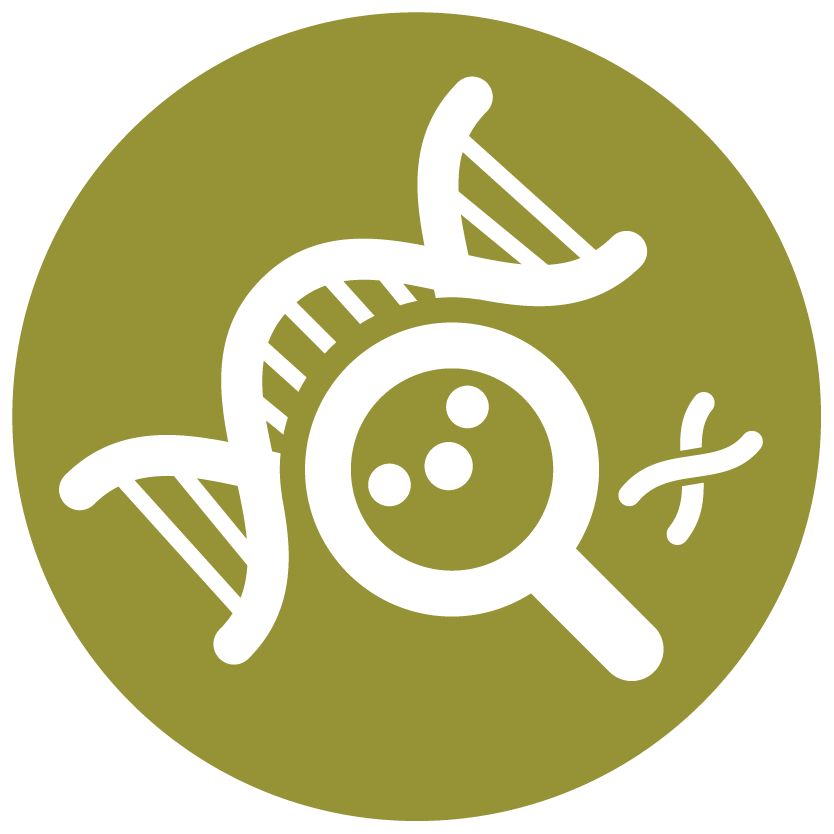Back
Discovery and Basic Research
Session: Rapid Fire: Rapid Discovery of Therapeutics: Past Experience and Computational Approaches
Deep Learned Screenings of Peptide Vaccines for Exosome-Based Precision Delivery
Monday, October 17, 2022
3:00 PM – 3:15 PM ET
Location: 254 B

Zachary Greenberg, MS
Doctoral Student
University of Florida
Gainesville, Florida
Rapid Fire Speaker(s)
Peptide vaccines are the most biologically relevant route to immunotherapy against disease. However, peptide vaccines are challenged at all stages within the pharmaceutical development pipeline. A grand question is the selection of peptide fragment to deliver to an antigen presenting cell or using nanomaterial systems to bypass and activate a T cell directly. Utilization of artificial intelligence is prevalent to select such peptide fragments, yet is rarely shown to have high efficacy in vivo. Selection of peptide fragments that are cognate for specific TCRs is conducted through statistical string analysis of a diseased cell’s immunopeptidome or from existing consortia databases. Newer techniques have focused on integrating statistical string with molecular modelling at the interface between antigen presentation & TCR recognition, however the therapeutic efficacy has only improved slightly. Deep learning is an advanced artificial intelligence technique capable of integrating molecular mechanisms, experimental data, and clinical cognition, altogether, to predict immunostimulation. We will highlight how deep learning is overcoming challenges in peptide vaccine formulation and translation, while presenting a new perspective into developing peptide vaccines by using deep learning to understand precision drug delivery, specifically aimed at enumerating exosome-mediated activation of T cells.
Learning Objectives:
- Upon completion, participants will be able to identify the gaps in the current field of high throughput screening through artificially intelligent systems
- Upon completion, participants will be able to learn the latest on artificial intelligent approaches to enhance participant research, and understand their beneficial effects in basic science and translational work.
- Upon completion, participants will be able to easily extract, develop, and use artificial intelligent systems in accelerating their research


